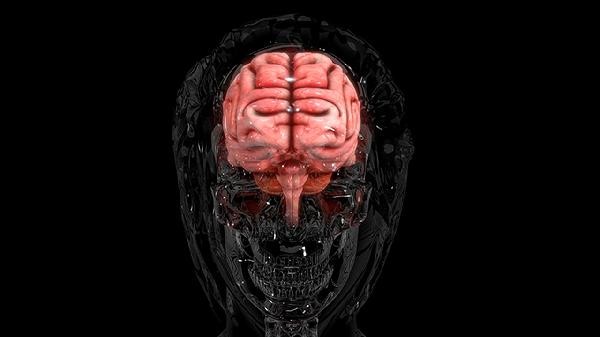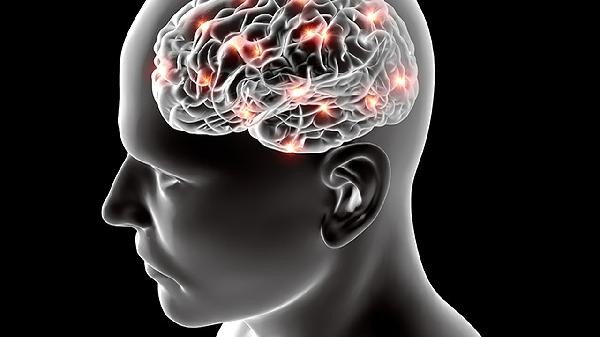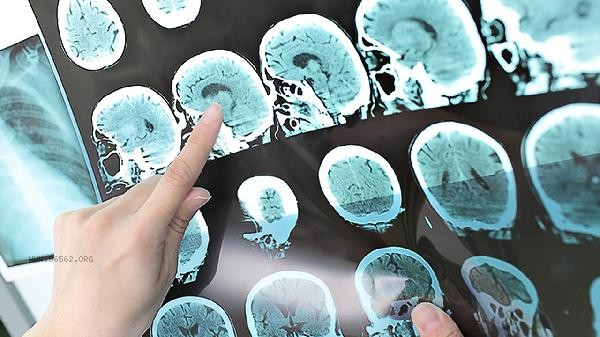The loss of memory in the brain may be caused by factors such as traumatic brain injury, Alzheimer's disease, stroke, long-term alcohol abuse, psychological trauma, etc. It can be improved through medication treatment, rehabilitation training, psychological intervention, lifestyle adjustments, surgery, and other methods.

1. Brain trauma
Severe impact on the head may cause brain tissue damage, leading to retrograde or anterograde amnesia. Commonly seen in traffic accidents or sports injuries, accompanied by symptoms such as headache and nausea. During the acute phase, intracranial hemorrhage needs to be ruled out through CT examination. Doctors may recommend the use of neuroprotective drugs such as sodium phosphatidylcholine tablets and oxiracetam capsules to promote repair. In severe cases, decompressive craniectomy may be necessary.
2. Alzheimer's disease
is a neurodegenerative disease that gradually damages the hippocampus and cerebral cortex, resulting in priority loss of recent memory. Patients may experience spatial and temporal orientation disorders, and doctors often prescribe acetylcholinesterase inhibitors such as donepezil hydrochloride tablets and Kabardine bitartrate capsules, which, when combined with cognitive training, can slow down the progression of the disease.
3. Stroke [SEP]: Blockage or rupture of cerebral blood vessels can lead to local ischemia and hypoxia, and if the temporal lobe or diencephalon structure is damaged, it may cause memory loss. Vague speech and hemiplegia may occur during the onset of the disease, requiring immediate thrombolysis or thrombectomy treatment. Use aspirin enteric coated tablets during the recovery period to prevent recurrence, combined with Ginkgo biloba extract injection to improve cerebral circulation.
4. Long term alcohol abuse

Alcohol can disrupt the absorption of vitamin B1, leading to Wernicke's encephalopathy and Kosakov syndrome. The patient has fictitious memory and long-term memory impairment, and needs to immediately quit drinking and supplement with vitamin B1 injection. Nutritional support therapy should be accompanied by psychological and behavioral correction to avoid irreversible brain damage.
5. Psychological trauma
Major stress events may trigger dissociative amnesia, which belongs to the psychological defense mechanism. Patients may selectively forget specific time periods of experience, but retain basic life skills. Memory should be gradually restored through hypnotherapy or cognitive-behavioral therapy, and short-term use of antidepressants such as paroxetine hydrochloride tablets may be necessary.
It is recommended to maintain a regular daily routine and a Mediterranean diet pattern, and consume foods rich in omega-3 fatty acids such as deep-sea fish and nuts in moderation. Engage in aerobic exercise and cognitive training every week, such as reading and chess activities. Avoid smoking and drinking, control hypertension, diabetes and other basic diseases. Family members should prepare memory aids for patients and establish a stable living environment. If continuous memory decline or impact on daily life is found, it is necessary to seek timely evaluation at a neurology or psychiatric department.









Comments (0)
Leave a Comment
No comments yet
Be the first to share your thoughts!